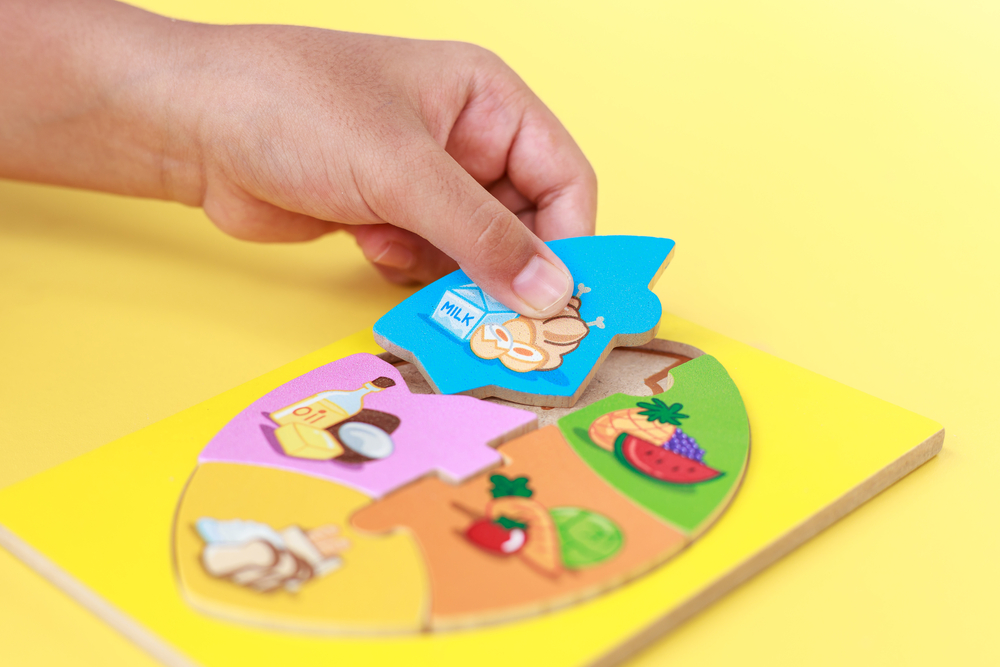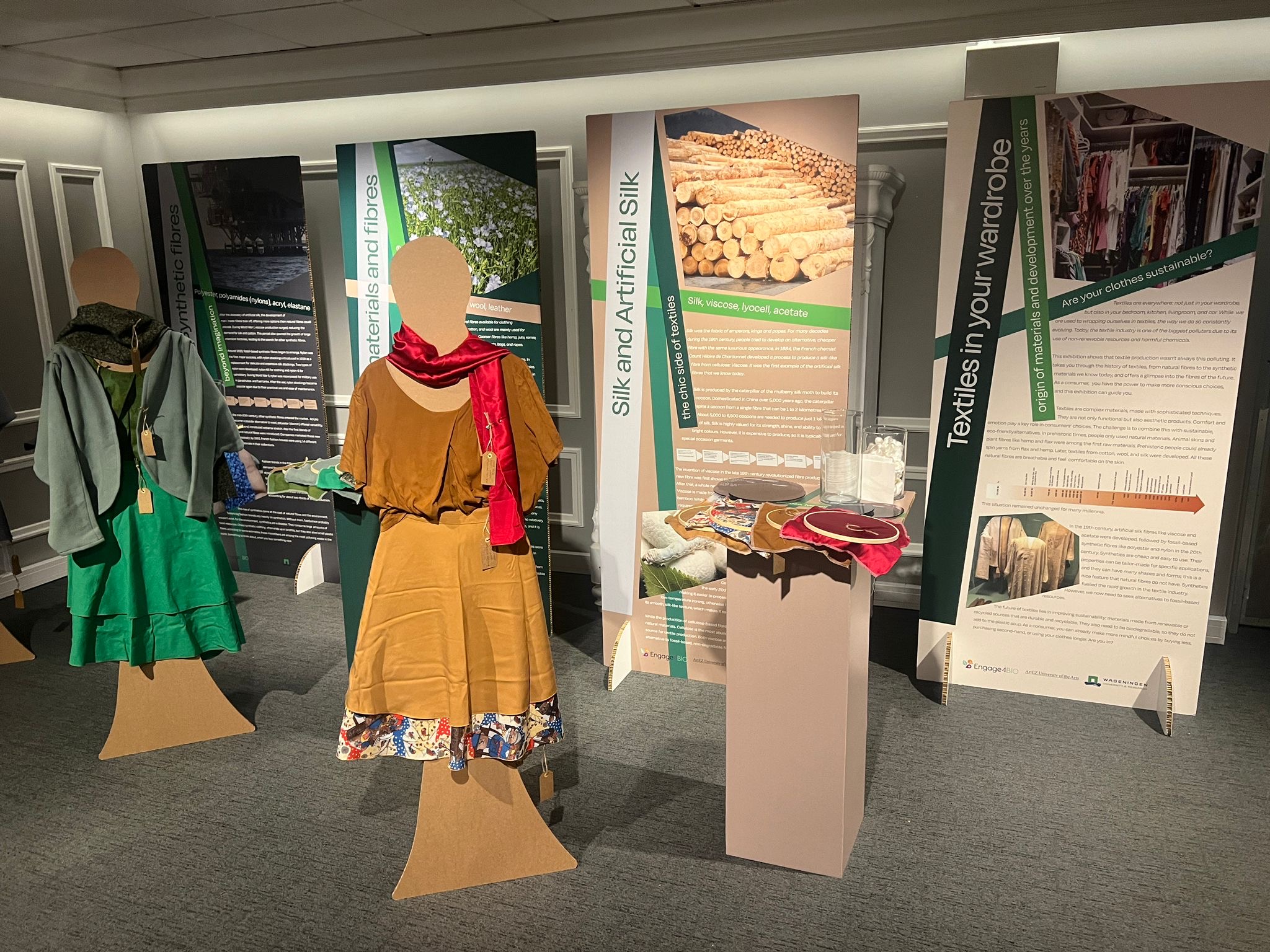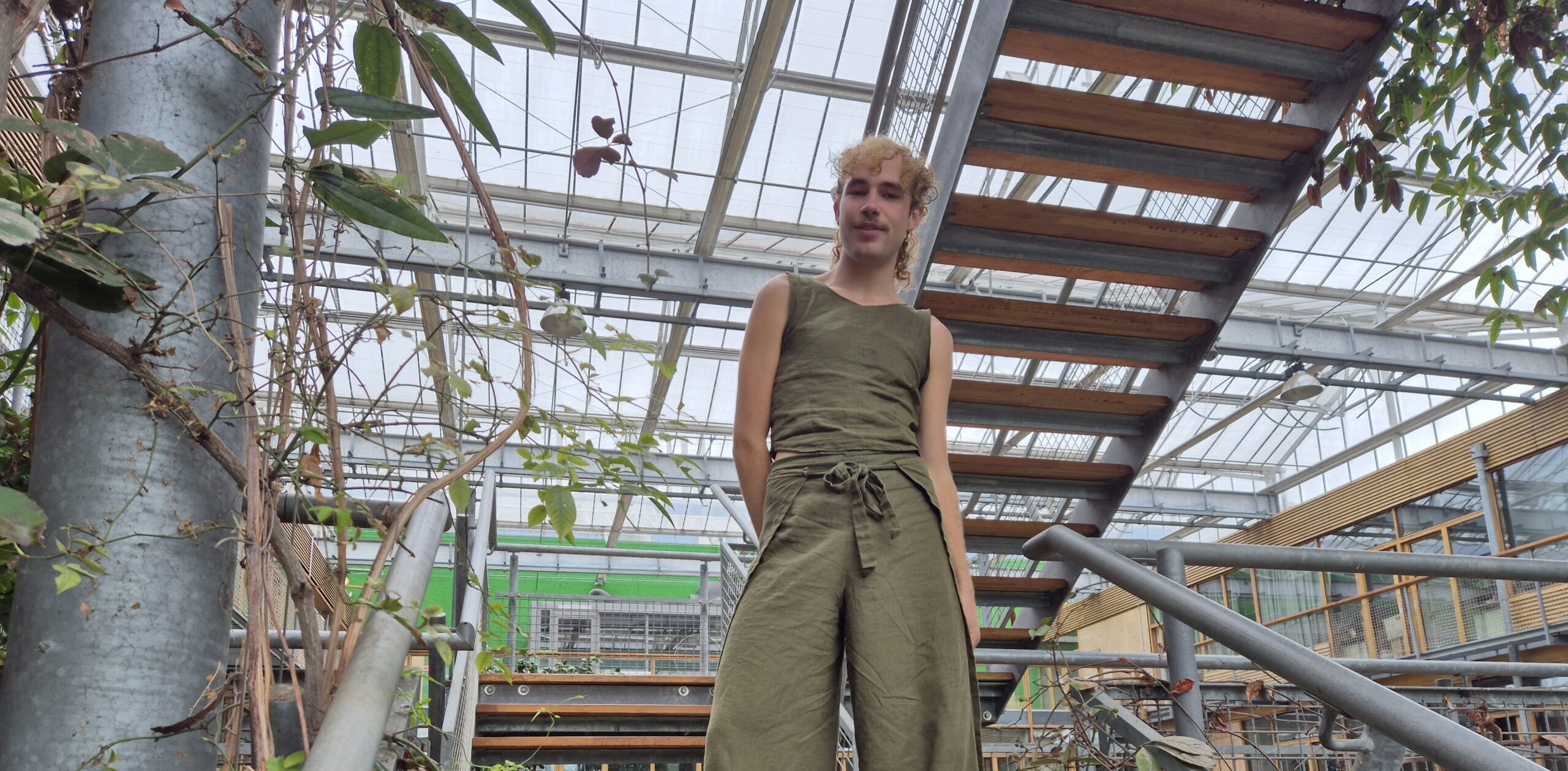Xin Gao will receive his doctorate from the Department of Marketing and Consumer Behaviour early next month, for a study on the acceptance of new sustainable materials in the fashion world. His dissertation, which is about pineapple leather, is called Wearing Pineapple Leaves.
Pineapple leaf leather is what is called a repurposed material: existing material given a new use. ‘Typical backpack material is cotton or leather. Pineapple leaf differs from that,’ Gao says. ‘I call that atypical. I researched why consumers find something atypical and what questions and emotions that raises.’
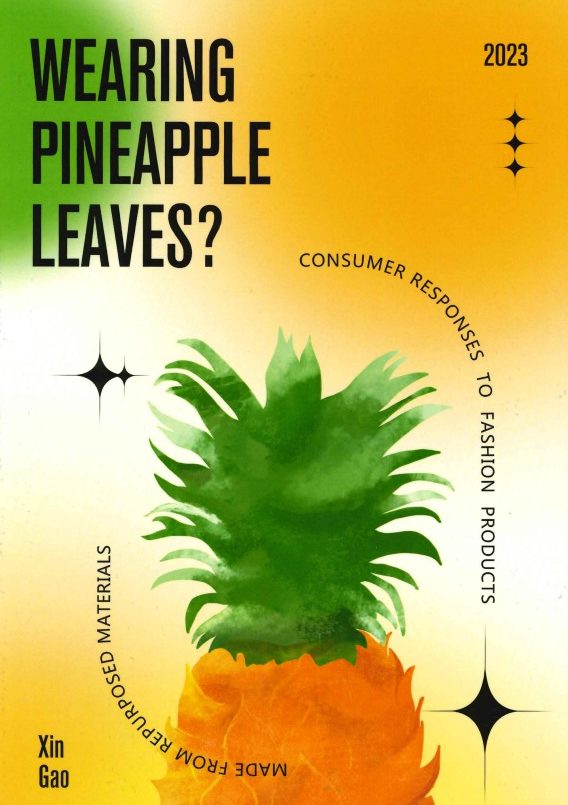
Gao used a series of tests to figure out the influence of functionality, durability and originality on people’s choice of purchase. The test subjects had to make do with text, without pictures. ‘That way you exclude the aesthetic factor. If consumers see pictures, personal taste starts to play a role. I specifically wanted to see what other factors play a role.’
Mentioning advantages
The work yielded three clear recommendations. ‘The first is that the quality of sustainable products must be at least as good as that of conventional products. Otherwise, consumers will not choose them. Moreover, you also have to emphasize that quality explicitly.’ The second lesson is that it helps to specify sustainable features. Like how much water was saved in the production process, for example.’
The quality of sustainable products must be at least as good as that of conventional products
Xin Gao, PhD student at the Department of Marketing and Consumer Behaviour
Gao also advises designers to make the products similar to conventional products. ‘That is especially important to people who don’t care that much about the environment. People who do care about the environment don’t care whether the product looks conventional.’

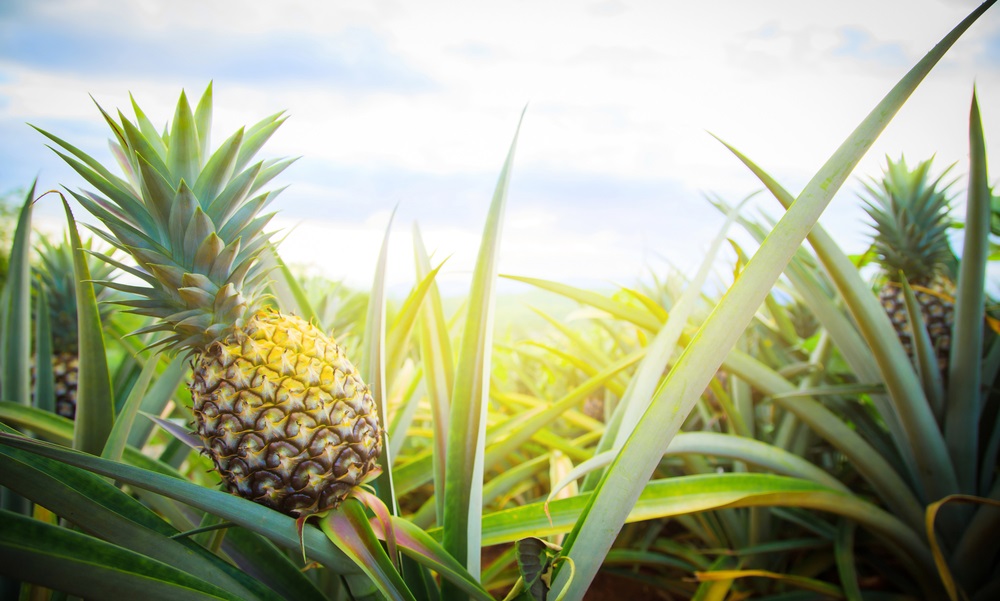 Illustration Shutterstock
Illustration Shutterstock 